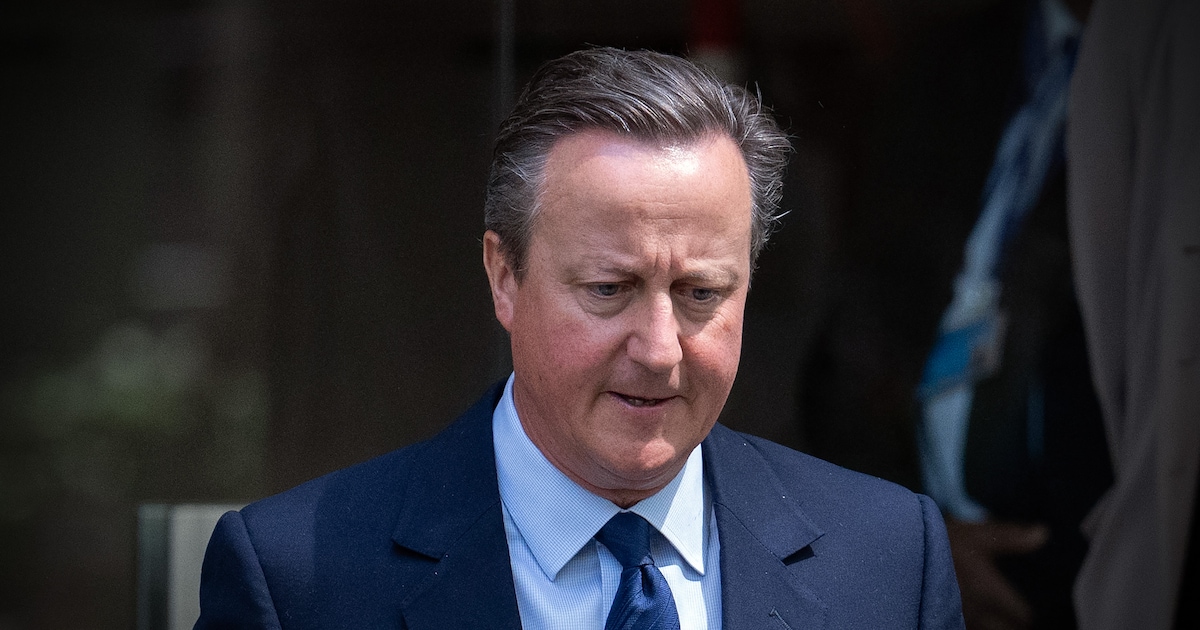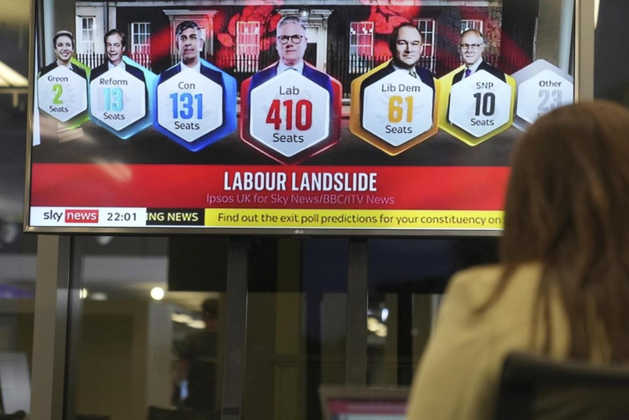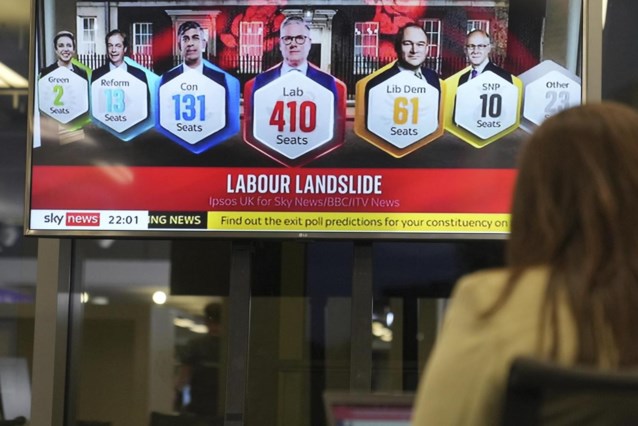The country is in economically and geopolitically uncertain times. The same party had been in power for thirteen years and with only a few months left until the elections, all political players felt that change was inevitable. Into this power vacuum steps a man who, if all goes according to plan, will play a central role in national governance for years to come.
Although he is presented as an ‘outsider’ by the media, the reality is that he has been around for many years and is known in the back rooms and corridors of parliament. His promises are great, a vote for him will radically change society, reform local democracy, and the first sign is worrying: he will set limits on the number of net migration.
About the Author
Arthur’s fist is a student of Philosophy, Politics and Economics at Vrije Universiteit Amsterdam. This is a contribution made, which does not reflect de Volkskrant’s position. Read more about our policy regarding opinions here.
Previous contributions to this discussion can be found at the bottom of this article.
The scenario I describe here is not about Pieter Omtzigt, leader of the New Social Contract, but about the final months of the British opposition leadership under David Cameron. During the 2010 campaign, Cameron promised that a Conservative government would ‘big society‘ will achieve, and, to keep his right-wing rival Nigel Farage small, net migration numbers will remain below 100k under his watch. A number, a hard guide, that allows voters to transparently monitor whether he is keeping his promises. The first step towards the brink of Brexit.
Free movement of people
The reason why net migration targets, such as Cameron’s pledge of 100,000 people or the 50,000 guideline in the NSC party manifesto, cannot be met is quite simple. One of the biggest pillars of EU membership, which the UK still has as of 2020, is the free movement of goods and people between member states. If Polish migrant workers wanted to pick British strawberries, that could be done, and if German students wanted to study at Dutch universities, that could also be done.
My father, mother, sister and I moved to England for my father’s job during Cameron’s first year in power. Another ‘plus 4’ in the migration balance, which the UK government can do nothing about. Cameron also quickly realized that he was helpless in this regard: in 2011, the UK’s net migration figures were almost three times higher than the government’s target.
‘Go home or face arrest’
Unfortunately, the losses caused are not only limited to a politician’s broken campaign promises. Cameron’s far-right party and the extreme anti-immigration UKIP party continue to use tough directives to sharpen the debate on (illegal) migration, ministers are called to parliament to account for exceeding other targets and Theresa May, her minister responsible for migration at the time, is out of desperation there’s a van driving around with the text ‘Go home or face arrest‘.
For all the discussion about the 100,000 guideline, there has been almost no serious discussion about the pros and cons of labor migration and how politicians should deal with it. But the most worrying consequence of Cameron’s impossible promise would not come until the next election. It is clear that control over the migration balance is impossible. Net migration was actually higher after five years of conservative policies, so another promise was made to satisfy the right wing of the party: if Cameron was re-elected, there would be a referendum on EU membership. The pro-European side will easily win.
Evil aims
The danger to political and social discussion in the Netherlands is clear. When the 50,000 person guideline is breached, politicians will use Omtzigt’s promise for nefarious purposes by portraying the potential coalition as ‘weak on migration’. Ministers will be summoned to Parliament, Forum members will start to believe in the polls again and the VVD will call for the Netherlands to become less attractive to migrants.
Should I book a van in advance?
Would you like to respond? Send opinion contributions (max. 700 words) to opinion@volkskrant.nl or letters (max. 200 words) to letter@volkskrant.nl

“Hipster-friendly creator. Music guru. Proud student. Bacon buff. Avid web lover. Social media specialist. Gamer.”







